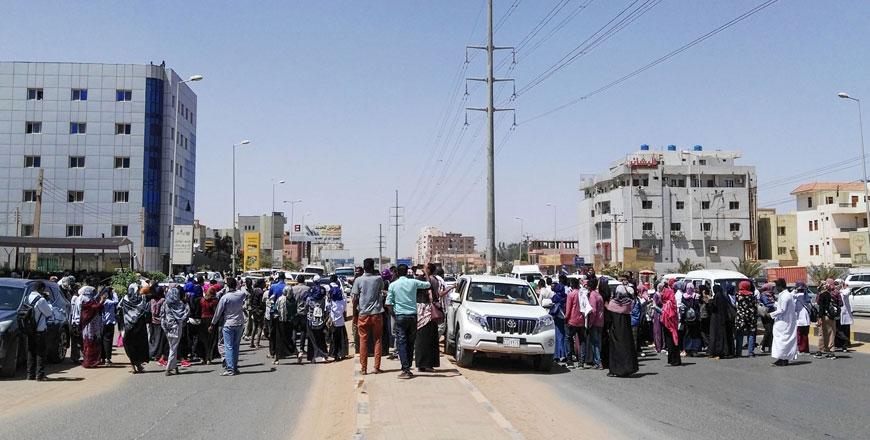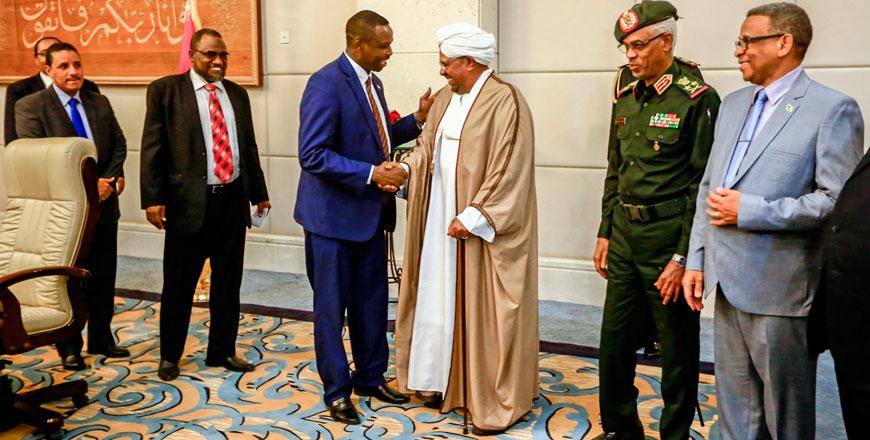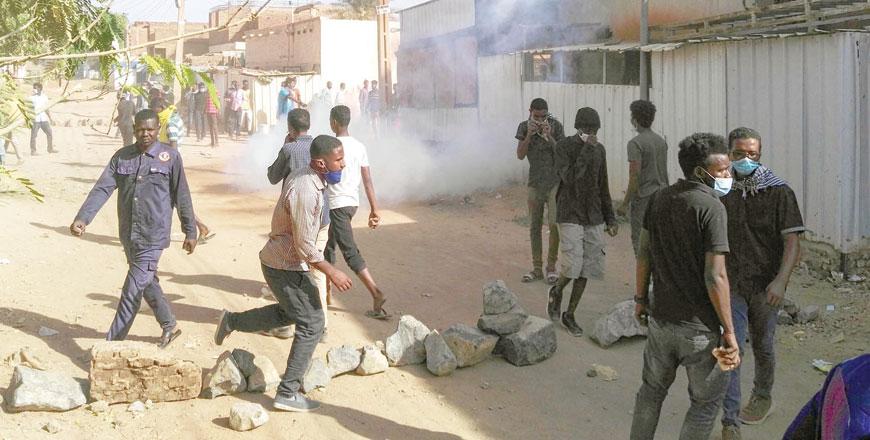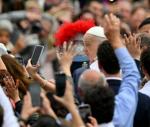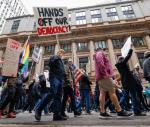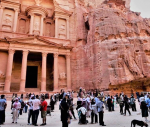You are here
Sudan protesters rally as unrest enters 4th month
By AFP - Mar 18,2019 - Last updated at Mar 18,2019
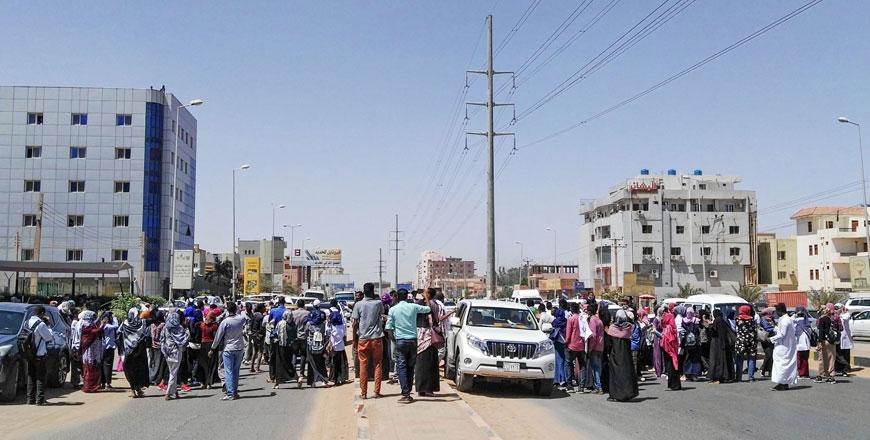
Protesters march during an anti-government demonstration in street 60 in the Sudanese capital Khartoum, on Monday (AFP photo)
KHARTOUM — Scores of Sudanese protesters chanting "freedom, peace, justice" rallied in Khartoum on Monday, witnesses said, as a campaign against President Omar Al Bashir's rule was poised to enter its fourth month.
Protests erupted in Sudan on December 19 over soaring bread prices and have since turned into at times deadly rallies against Bashir's 30-year rule, with demonstrators demanding he step down.
Anger has been brewing for years in the east African country over financial woes, with demonstrators accusing Bashir's administration of mismanaging the economy.
Protesters took to the streets on Monday in the capital's northern suburb of Bahari, in an area called Street 60 and the upmarket district of Riyadh, witnesses said.
"Protesters are chanting freedom, peace, justice," a witness said, referring to a slogan that has become the movement's catchcry against Bashir's rule.
Police fired tear gas at demonstrators in Street 60 area, while some students also protested in a college in another upmarket Khartoum district, witnesses said.
"Who killed our martyrs?" asked protesters as they gathered in Street 60 area, a witness told AFP.
Officials say 31 people have died in violence during the protests so far, but Human Rights Watch has put the death toll at 51, with medics and children among those killed.
The campaign against the veteran leader's administration was initially led by the Sudanese Professionals' Association, a group of teachers, doctors and engineers.
Several political parties have since joined the SPA to form an umbrella network called the Alliance for Freedom and Change, which is now leading the campaign.
Bashir, 75, has remained defiant and imposed a nationwide state of emergency on February 22 to quell the protests after an initial crackdown failed to rein in the movement.
A slew of measures accompanied the state of emergency, including a ban on unauthorised rallies, the setting up of special courts to investigate violations and more powers granted to the security forces to carry out raids without warrants.
Dwindling numbers
Bashir also dissolved the previous federal government and installed a new Cabinet tasked with tackling the worsening economic crisis.
The protest campaign is seen as the biggest challenge Bashir has faced since he swept to power in 1989 in an Islamist-backed coup.
The scale and intensity of protests, however, have shrunk in recent weeks, particularly since the state of emergency came into effect.
"The number of protesters are not big these days," said Sawsan Mohamed, 25, who was sentenced to two weeks imprisonment by a special emergency court for taking part in a rally in Khartoum.
"I think the violence unleashed by the security forces and lack of leaders on the ground is keeping many protesters away."
Several opposition leaders, activists, journalists and prominent protesters are still in detention following the crackdown on protests.
During the first two months, the demonstrations spread through villages, towns and cities across the country.
The protests have over the past month turned largely into weekly rallies, mostly in Khartoum and its twin city Omdurman.
But experts say the demonstrations have changed Sudan.
"It's already a game changer and the genie can't go back into the bottle now," a senior Western diplomat based in Khartoum told AFP on condition of anonymity.
"For the moment I see a holding pattern... until there is some sort of breakthrough. The breakthrough can come any moment."
Related Articles
KHARTOUM — Sudanese President Omar Al Bashir has cut the maximum jail term for violating the country's state of emergency from 10 years to s
KHARTOUM — Scores of protesters rallied in the Sudanese capital on Thursday as President Omar Al Bashir swore in a new Cabinet to tackl
KHARTOUM — Sudanese police fired tear gas on Monday at hundreds protesting in the capital Khartoum against a state of emergency imposed by P


